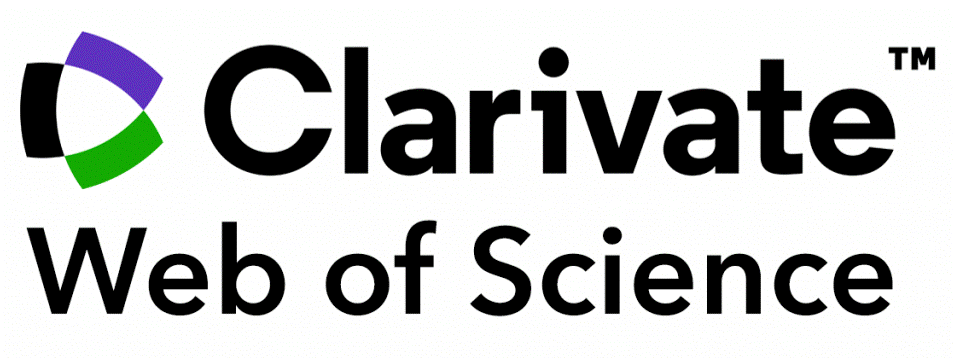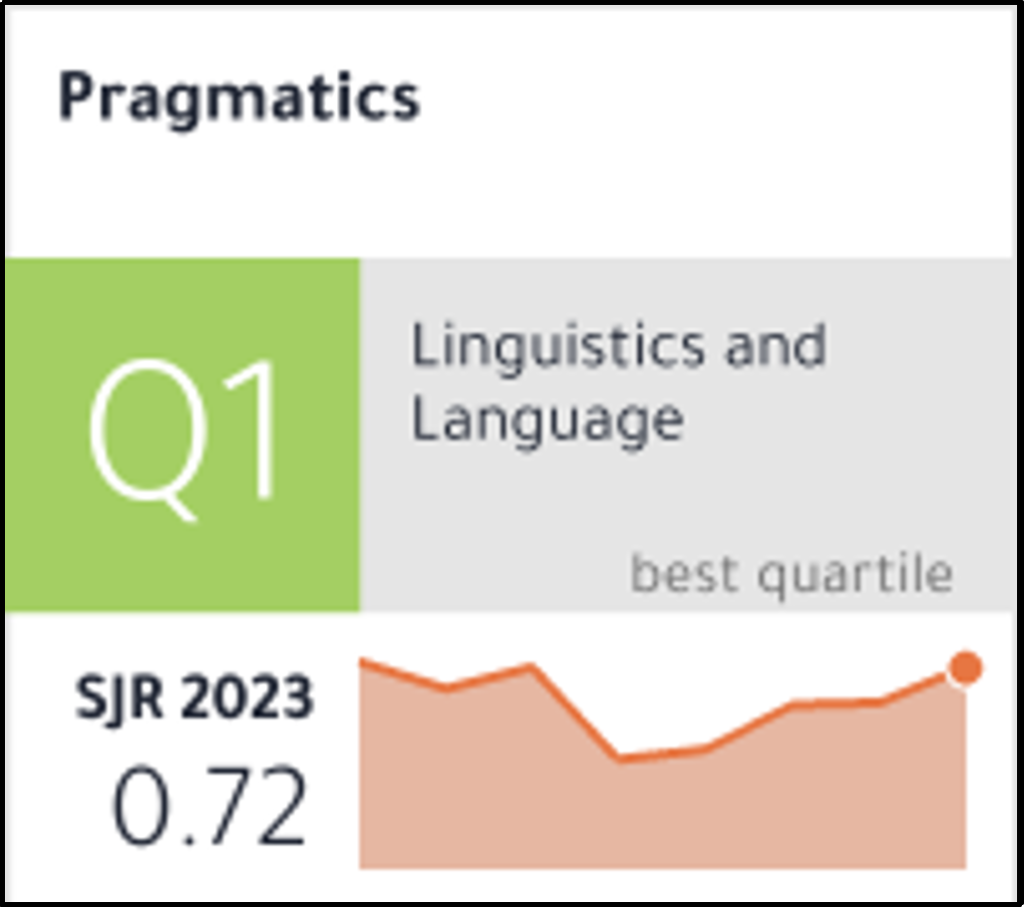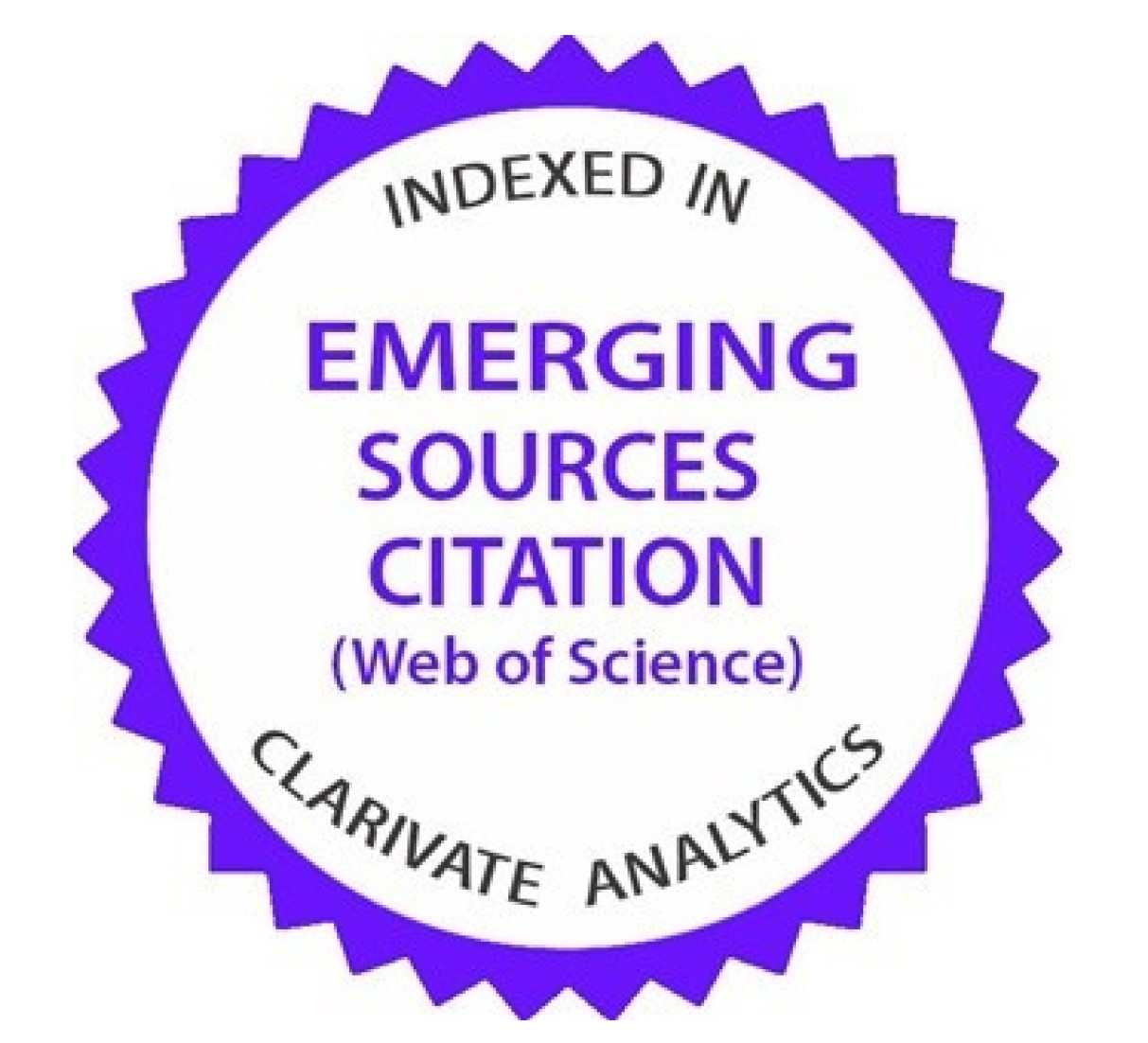PRAGMATICS is committed to meeting high standards of ethical behavior in all its publications. This statement outlines the publishing ethics responsibilities of the publisher, authors, peer reviewers and editors. We follow the guidance of the Committee on Publication Ethics (COPE), which provides advice and resources on publication ethics and research and publication misconduct.
We expect our publishing partners, editors, authors and peer reviewers to uphold any relevant confidentiality arrangements, to raise concerns in the case of any suspected breach of ethics, and to disclose any conflicts of interest.
Artificial Intelligence
Artificial Intelligence (AI) does not qualify for the role of author (see above) and should not be listed as such. If AI was used in the research or preparation of the paper, this should be declared and explained in the description of the tools or methods used. Any requirements concerning copyright and plagiarism continue to apply.
Plagiarism
Plagiarism is the unauthorized and unacknowledged use of someone else’s words, ideas, processes, or results in a manner that can mislead others into thinking the material is your own. It may be intentional, or may result from honest error, a lack of knowledge of proper publication practices, or poor judgement, but it is always a serious issue that can have negative implications for an author in terms of reputation and career, as well as legal consequences when copyright is infringed.
We do not tolerate plagiarism in any of our publications. We reserve the right to check all submissions through appropriate plagiarism checking tools. Submissions containing suspected plagiarism, in whole or part, will be rejected. If plagiarism is discovered after publication, we will act according to the section below on “Correcting the Scholarly Record”.
Duplicate or redundant publication, or ‘self-plagiarism’, occurs when a work, or substantial parts of a work, is published more than once by the author(s) of the work without appropriate cross-referencing or justification for the overlap. This can be in the same or a different language. We do not support substantial overlap between publications, unless there is editorial agreement that this will strengthen the academic discourse; the author has obtained approval from the original publication; and an acknowledgment and citation of the original source are included in the article.
Libel, Defamation and Freedom of Expression
Freedom of expression is critical to us as publishers, but we do not support publishing false statements that harm the reputation of individuals, groups, or organizations. Criticism of other research must be professional, substantive, and free of polemics.
Manipulation, Falsification and Fabrication of Data
It is considered academic malpractice to fabricate, falsify and manipulate data. Creating or modifying tables, figures or images for publication can sometimes misrepresent the results or their significance. We expect authors to avoid modifying the presentation in their publication in such a way that it leads to the falsification, fabrication, or misrepresentation of the data.
Research involving Humans or Animals
Research involving humans or animals should conform to international ethical and legal standards that apply to the field and type of research in question. If the research is of the type that would at the authors’ institution(s) or in general practice within the discipline be considered to require approval from an ethics committee/review board, this approval should be obtained, and a statement to this effect should be included in the article.
We expect authors to respect human participants’ right to privacy. If any information included in the article from or about participants could lead to those participants being individually identified and recognized, authors should take care to anonymize the information to the best extent possible, and to make sure that they have obtained permission from those participants to include the information in publication. A statement regarding this should be included in the article.
Conflicts of Interest and Funding
Authors, editors, and reviewers of PRAGMATICS, as well as our employees, are required to declare any potential conflicts of interest that could interfere with the objectivity or integrity of a publication. These may be financial, non-financial, professional, contractual or personal in nature.
If an author received any funding for the research on which the publication reports, other than their employment by the institution(s) listed as their affiliation(s), this should be mentioned in a Funding Statement in the publication.
Data and Supporting Evidence
We support transparency and openness around data, code, and other materials associated with research. We expect authors to maintain accurate records of supporting evidence necessary to allow others to understand, verify, and replicate new findings, and to supply or provide access to this supporting evidence on reasonable request. We encourage authors to deposit data in a suitable repository or storage location, for sharing and further use by others, and to include a Data Availability Statement in their article, describing where their data may be found and what the options and licenses are for its access and use.





